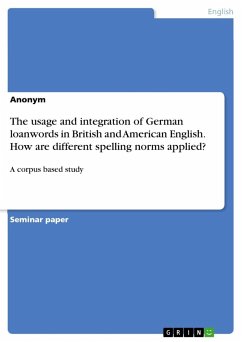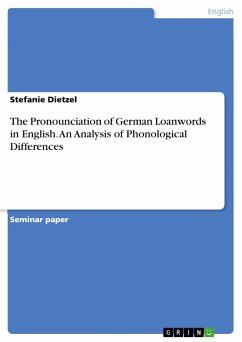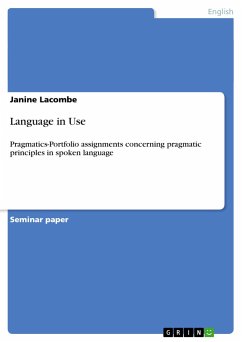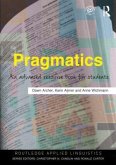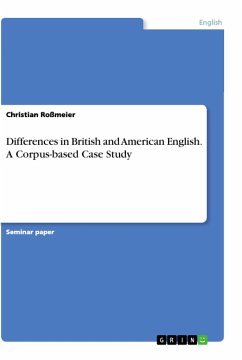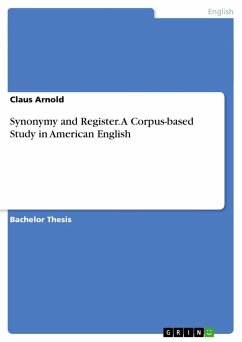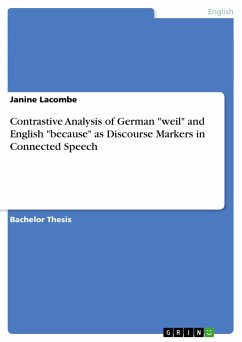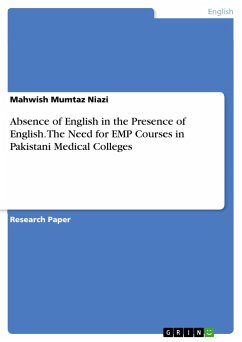Seminar paper from the year 2019 in the subject English Language and Literature Studies - Linguistics, grade: 2,7, University of Bonn, language: English, abstract: The English language has a rich vocabulary with around 600.000 entries in the Oxford English Dictionary and is nowadays spoken in countries all over the world. Therefore, many languages have borrowed words from the English language and adopted them into their language. So did the German language accept anglicism in many aspects of everyday life and borrowed terms like baby or steak which are now fully adapted and a part of the German language. However, there is also Germanism in the English language, or better said original German words appearing in the British and American English language today, called loanwords. When confronting people with the term "German loanword" they normally only come up with a few examples like Aberglaube or Bratwurst. But how frequent are they actually used in British English (BrE) and American English (AmE) and how are different spelling norms applied? Loanwords might have gone through a process of different spelling variations during time. Nonetheless, this study will only focus on synchronic spelling differences in British and American English. The original German spelling will also be compared with the English one. It is a corpus-based study and the aim is to clarify the usage and integration of german loanwords in the British and American English language today. As there exist many german loanwords, after all, this study only takes a few loanwords into consideration. There are a lot of different semantic fields of borrowing, for instance, science, food, education et cetera. For my research I have selected a variation out of the following three categories: Food, Society and Music. This paper is structured as the following. Firstly, the term loanword is being defined as well as previous studies regarding spelling modifications are given and the chosen loanwords are presented. Chapter three gives inside in the work with the Oxford English Dictionary (OED), the British National Corpus (BNC) and the Corpus of Contemporary American English (COCA) and mentions limitations of the research design. The following chapter four presents a clear overview of synchronic spelling differences for the chosen loanwords, which are then discussed regarding previous studies in chapter five. Finally, the last chapter summaries the findings of the paper while also adding some suggestions for future research.
Hinweis: Dieser Artikel kann nur an eine deutsche Lieferadresse ausgeliefert werden.
Hinweis: Dieser Artikel kann nur an eine deutsche Lieferadresse ausgeliefert werden.

